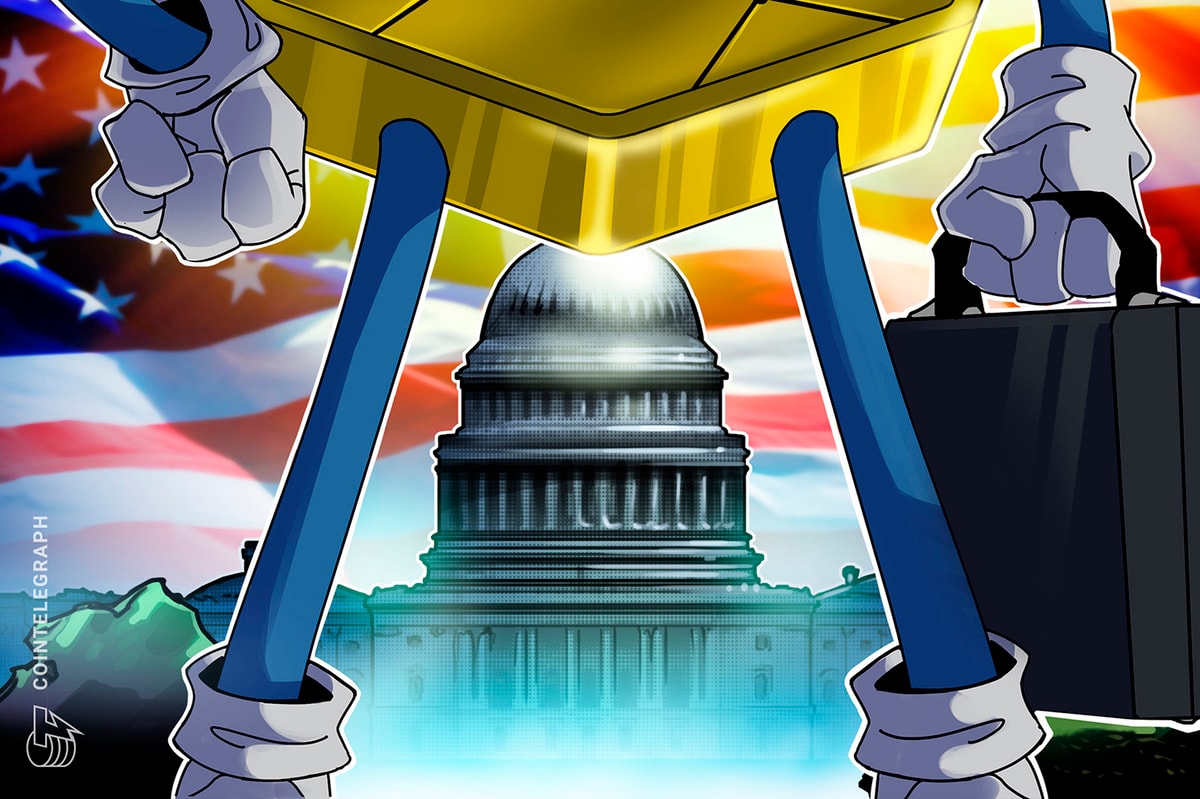The early days of the Trump administration saw a flurry of activity that could give the crypto industry an idea of forthcoming crypto regulations, nam
The early days of the Trump administration saw a flurry of activity that could give the crypto industry an idea of forthcoming crypto regulations, namely that they may not be regulated as securities.
Practitioners have decried a lack of concrete change in the form of new rules and guidance. The skeptics have their reasons. The formation of the crypto task force, Trump’s crypto executive order, crypto czar David Sacks’ lone press conference, and the digital asset reserve has been criticized as mere theater.
The real work of regulating comes not in press conferences but in the guidance, enforcement, and rulemaking that support the structure of rules-based systems.
A faithful account of all of the cryptocurrency decisions from the Trump administration reveals a new approach to enforcement and regulation that could meaningfully affect the rights of operators in the United States.
Trump’s regulatory approach opens up banking to crypto
In the dog days of the Biden administration, a policy known as “Operation Chokepoint 2.0” became a major scandal in certain crypto media channels. The allegations were that, during the Obama administration, the Justice Department developed a program called Operation Choke Point that it used to surveil and curtail certain disfavored businesses like payday lenders and firearms dealers.
Some speculated that the Biden administration adopted the same policies for cryptocurrency companies. There was a lot of back and forth over this issue — some denied it ever happened, but many cryptocurrency firms and individuals lost access to banking services.
Whether this was a directive or simply an unforeseen consequence of other policies, many in the industry were incensed; the issue became politically charged.
Crypto execs went on popular shows and podcasts like The Joe Rogan Experience to discuss debanking. Source: Nic Carter
As a result, one of the first steps the Trump administration took regarding crypto was to fix the industry’s debanking problem. This began only two days after Trump took office with Staff Accounting Bulletin 122 (SAB 122), a directive that repealed the Securities and Exchange Commission’s (SEC) SAB 121 — which had effectively prohibited banks from holding cryptocurrencies by making it difficult and inefficient to do so.
On March 7, the Office of the Comptroller of the Currency (OCC) released its own interpretive guidance, Letter 1183, itself undoing Letter 1179. The latter required banks to ask OCC’s permission to participate in certain crypto-native activities like custodying cryptocurrency, holding stablecoin reserve deposits and functioning as validation nodes.
On March 28, the Federal Deposit Insurance Corporation (FDIC) followed up with its own guidance. It rescinded the Biden era FIL-16-2022, which required FDIC-supervised institutions to notify the FDIC of their intent to dabble in crypto and provide information on possible risks.
Acting FDIC Chair Travis Hill also signaled that “banking regulators should not use reputational risk as a basis for supervisory criticisms” at all.
It may be difficult to separate the effects of these policies so early in the administration because banks are large institutions and move slowly. But across three agencies the rules have changed substantially and dramatically, which could have major effects on cryptocurrency access to banking services in the medium to long term.
Fully dismissed crypto cases
Virtually every pending SEC matter with a cryptocurrency defendant has been dropped. While nice for the targets, it doesn’t create much precedent that anyone can build off of. That said, the result does suggest that the underlying activities in those dropped cases won’t be pursued for enforcement, at least for the immediate future.
Related: Ripple celebrates SEC’s dropped appeal, but crypto rules still not set
It’s helpful, then, to consider what activities have received implied license through this campaign of dropped enforcement.
There are a number of cases in which the SEC filed a complaint and litigated to varying degrees of resolution, which the commission either fully dropped or settled without admissions of wrongdoing on the part of the targets:
These cases revolved around the unregistered sale and offer of securities under the Securities Act of 1933, and acting unregistered as a broker, dealer, clearing agency and exchange. While the allegations and actors are different, the common thread between them is that none would be subject to the laws in question if the underlying assets were not themselves securities.
The sole exception is Consensys, which was accused of providing staking as a service without first registering it as a security. While the texture of this claim is familiar, the activity is somewhat different than the pure offer and sale of securities.
This dismissal, along with the related guidance concerning mining pools, suggests that the current SEC does not consider most token-generating…
cointelegraph.com
